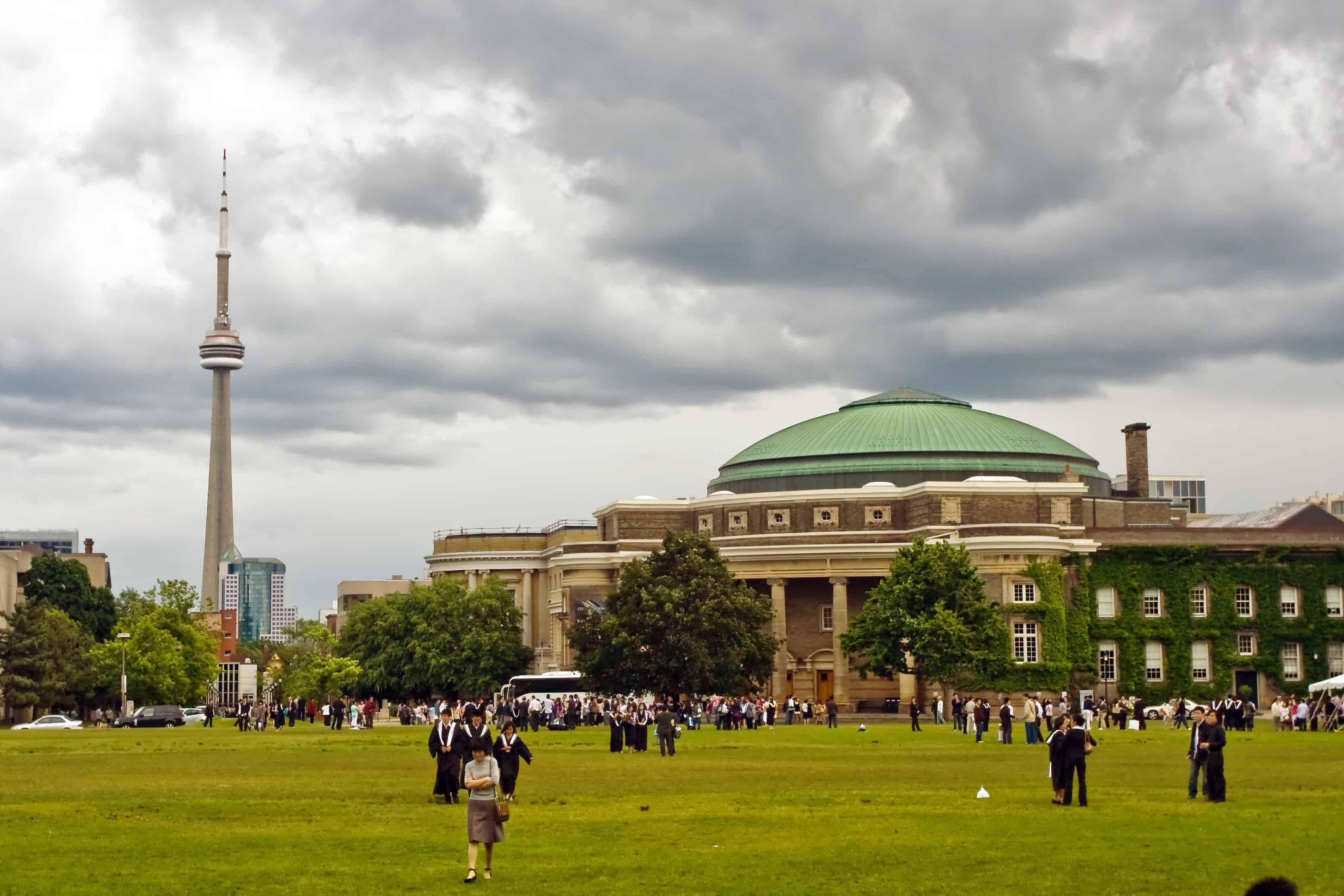A research publication has ranked the University of Toronto twenty-seventh in the world and first in Canada.
The report was published by the Shanghai-based Academic Ranking of World Universities (ARWU). Rankings are based on: the number of alumni and staff that have won Nobel Prizes and Fields Medals; the number of researchers highly cited by Reuters; the number of published articles in nature and science journals; the number of articles indexed in the Science Citation Index; and the per capita performance of the university.
The consultancy considers approximately 1,200 institutions across the globe each year, and settles on the best 500 based on the chosen criteria and weights. This year, a total of 19 Canadian universities were listed in the top 500 in the world.
With a total average score of 39.5 across all indicators, the University of Toronto was ranked just below Northwestern University in Illinois. Other Canadian universities that made the top 100 in the global rankings include McMaster University in eighty-third, McGill University in sixty-third, the University of British Columbia in thirty-fourth.
U of T has maintained a consistently strong position in the ARWU’s international rankings since the first report was released in 2003. At the time, it held the twenty-third position in the world, dropping down to the twenty-fifth in 2015 and the twenty-seventh in the 2016 list. It has also retained its top position in the national rankings, coming out the first institution in Canada since 2003.
Speaking to U of T News, Vivek Goel, Vice-President of Research and Onnovation commented on the ranking: “Achieving excellence is something our faculty, staff and students at the University of Toronto strive for every day,” he said.
“The international rankings, despite differences in methodologies and data sources, consistently continue to place us among the leading institutions globally,” Goel continued. “We’re proud the ARWU has once again recognized the research excellence we foster and produce to help solve some of the world’s most pressing challenges.”


